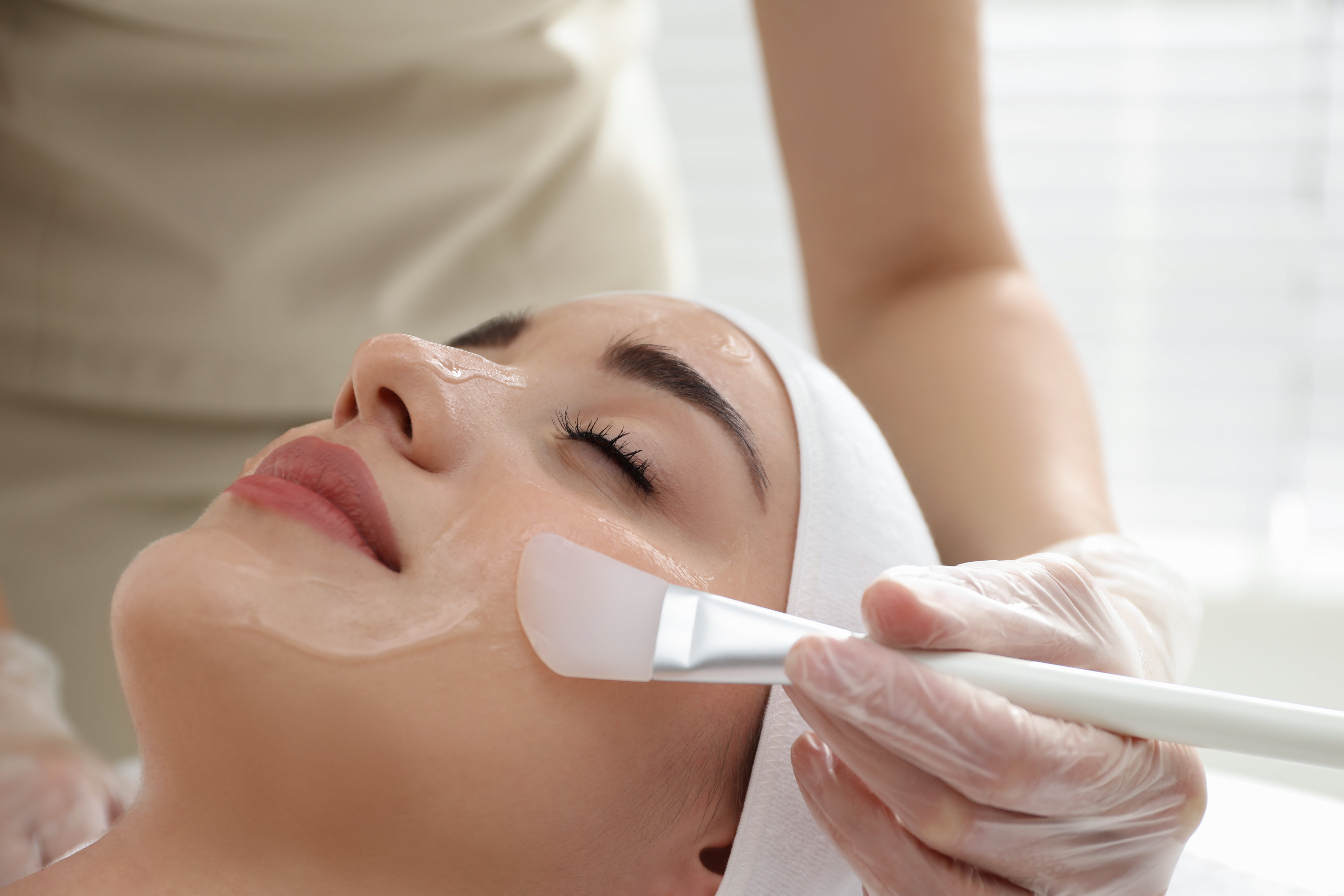blog
Are Chemical Peels Painful: Everything You Need to Know

Chemical peels are a popular skin treatment that improves texture, reduces fine lines, and fades acne scars. Many people wonder are chemical peels painful. Understanding how the procedure works, what sensations to expect, and how to reduce discomfort helps ensure a safe and positive experience.
What Are Chemical Peels
Chemical peels involve applying a solution to the skin that exfoliates dead cells and stimulates new healthy skin. The treatment improves tone, texture, and overall appearance. Peels are classified by their depth
Superficial peels affect only the outer layer of skin for gentle exfoliation and mild improvements. Medium peels reach the middle layer to address sun damage fine lines and pigmentation issues. Deep peels penetrate multiple layers producing dramatic results but require longer recovery and sometimes anesthesia
Knowing the type of peel helps set expectations for both results and sensations during treatment
Do Chemical Peels Hurt
Pain levels vary depending on the type of peel skin sensitivity and individual tolerance. Superficial peels usually cause mild tingling warmth or slight stinging. Medium peels can feel like a sunburn with tightness and prickling. Deep peels may require sedation or local anesthesia due to stronger chemical agents and deeper penetration
Find out how painful our chemical peel treatments are by consulting a professional who can explain pain management options and tailor treatment to your comfort level
Common Sensations During Treatment
Tingling or stinging is most noticeable during superficial and medium peels. Tightness may occur as the peel works. Redness and warmth are temporary and usually subside within hours. Flaking or peeling may cause mild discomfort as the skin exfoliates over several days
Understanding these sensations helps reduce anxiety and prepares you for the procedure
Factors That Influence Pain
Several factors determine how much discomfort occurs during a chemical peel
The type of peel influences intensity because stronger acids penetrate deeper. Skin sensitivity plays a role since thin or reactive skin may experience higher irritation. The treatment area is important as delicate areas like around the eyes or lips may sting more. Pre-treatment care by avoiding harsh products reduces irritation. Post-treatment care with proper moisturizers and sun protection shortens recovery and minimizes discomfort
Consulting a dermatologist ensures the procedure is tailored to your skin and comfort
Tips to Minimize Discomfort
Pain management before and after the peel can make the experience more comfortable
Topical numbing creams are used by many professionals for medium or deep peels. Cold compresses reduce burning sensations after the peel. Hydrated skin tolerates chemical exfoliation better. Gentle cleansers and moisturizers support healing during recovery
Following professional guidance maximizes comfort while protecting results
Recovery After a Chemical Peel
Recovery depends on the depth of the peel
Superficial peels heal within a few days to a week. Medium peels may require one to two weeks with flaking and redness. Deep peels may take several weeks for full recovery with careful monitoring
Mild redness tightness and flaking are common and usually temporary. Persistent pain blistering or signs of infection should prompt immediate contact with a dermatologist
Benefits Despite Mild Discomfort
Even if some discomfort occurs chemical peels provide lasting results
Smoother skin texture is achieved as exfoliation reveals brighter more even skin. Fine lines and wrinkles reduce as collagen production improves elasticity. Acne scars and pigmentation fade with targeted treatment. Rejuvenated skin boosts confidence and enhances self-esteem
Most patients report that temporary sensations are minor compared to the long-term improvements
Options for Sensitive Skin
People with low pain tolerance or sensitive skin can explore alternatives
Enzyme peels provide gentle exfoliation without strong chemicals. Microdermabrasion is a mechanical exfoliation option that is non-chemical. Laser resurfacing offers controlled rejuvenation with minimal discomfort
A professional consultation ensures the safest and most comfortable approach for your skin
Expert Advice for First-Time Patients
Before a chemical peel consider asking your dermatologist which peel strength suits your skin type and goals. Ask how long recovery will take. Discuss pain management methods and which post-treatment products are recommended
Tailored guidance reduces discomfort and improves results
Explore Awaken Aesthetics for professional skin and beauty services to learn more about personalized treatment plans and expert care

